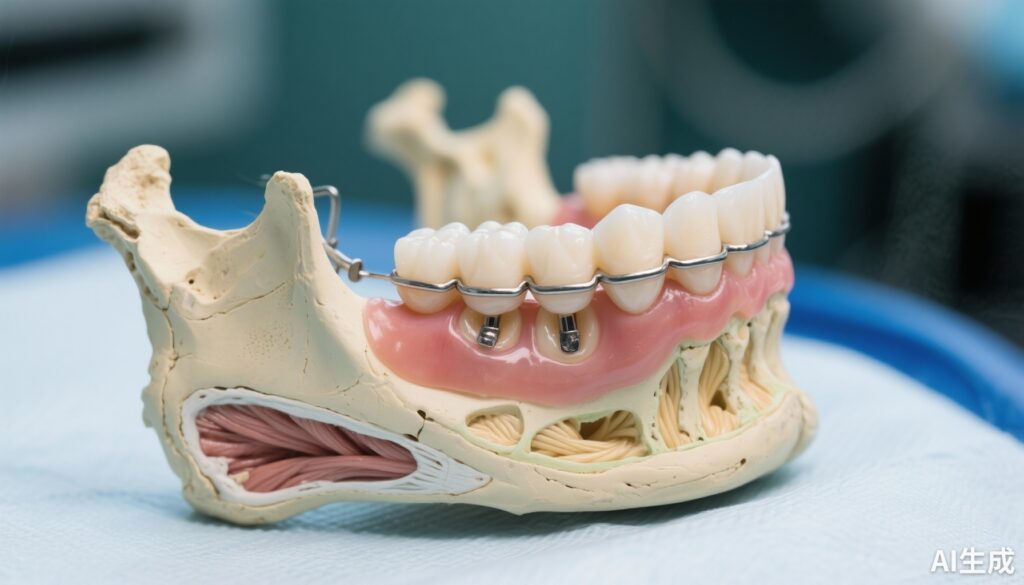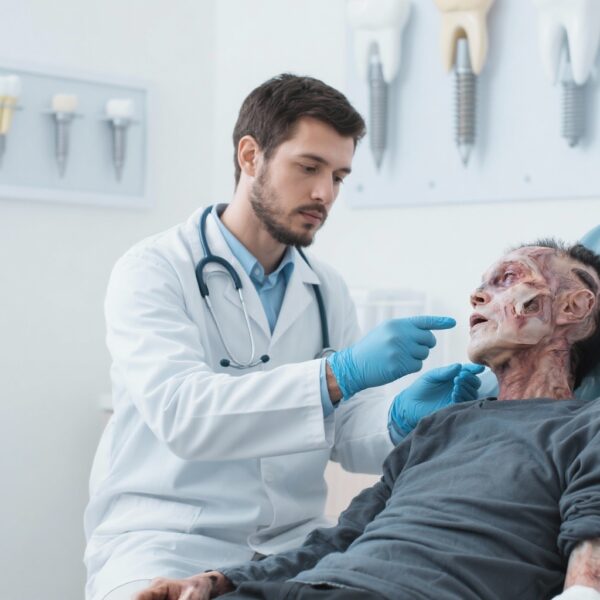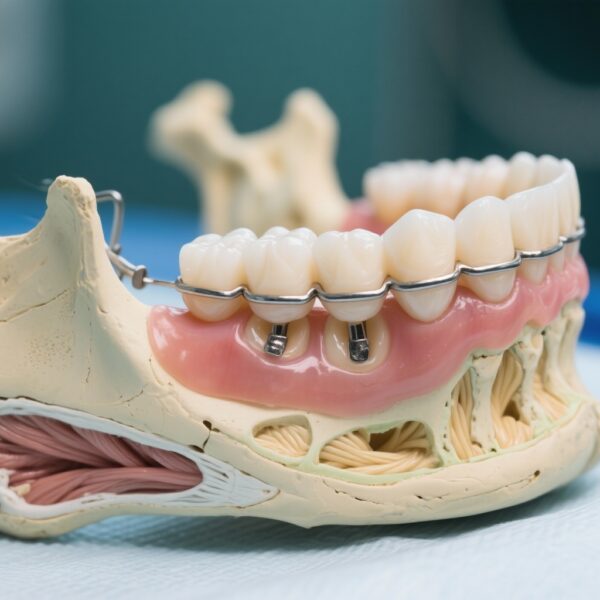Introduction
Masticatory function (MF) is a critical component of oral health, directly impacting nutritional intake, quality of life, and overall well-being. Patients who undergo mandibulectomy due to oral cancer often face significant challenges in restoring effective mastication, especially when combined with complex reconstructive and rehabilitative procedures. Despite advances in surgical techniques and prosthetic rehabilitation, comprehensive understanding of the various factors influencing MF in this population remains limited.
Study Background and Clinical Context
Oral squamous cell carcinoma frequently necessitates surgical resection of parts of the mandible, resulting in structural and functional deficits. Postoperative functional recovery hinges not only on surgical success but also on the efficacy of prosthetic rehabilitation, which aims to restore occlusal support and masticatory ability. However, the multifactorial nature of MF entails influences from remaining teeth, occlusal support, oral muscular functions, and the extent of cancer-related therapies such as radiotherapy or chemotherapy.
Understanding these factors is essential for optimizing rehabilitation strategies and improving patient outcomes.
Study Design and Methods
This retrospective cross-sectional study evaluated 41 patients who had undergone mandibulectomy for oral cancer and subsequently received mandibular prosthetic rehabilitation. Data collected included demographics (age, sex), dental status (number of remaining teeth), occlusal support measures (total and posterior occlusal supports), cancer-related therapies (surgical procedures, radiotherapy, chemotherapy, glossectomy, neck dissection), and oral function assessments (MF, oral moisture, maximum occlusal force (MOF), tongue-lip motor functions, maximum tongue pressure).
Statistical analyses assessed differences in MF relative to cancer therapies and probe correlations between MF and other variables. Logistic regression identified key predictors of MF, emphasizing clinical relevance.
Key Findings and Results
The study revealed that MF was significantly associated with several physical and functional variables. Specifically:
– A moderate correlation existed between MF and the number of remaining teeth.
– The presence of total and posterior occlusal supports was strongly linked to better MF.
– Higher MOF and tongue-lip motor functions correlated positively with MF.
– Importantly, patients who underwent more invasive cancer-related therapies (such as radiotherapy or extensive surgery) exhibited marked declines in MF.
Logistic regression pinpointed the presence of posterior occlusal supports as the most significant independent predictor of effective MF. These findings suggest that the integrity of posterior occlusion plays a pivotal role in functional mastication post-rehabilitation.
Discussion and Clinical Implications
The study underscores the multifaceted nature of masticatory function in patients after mandibulectomy. While the preservation and restoration of anterior dental structures are important, the presence of posterior occlusal contacts appears critical for reconstructing effective mastication.
Radiotherapy and extensive surgical procedures compromise oral tissues and muscular functions, further impairing MF. Therefore, individualized rehabilitation strategies should prioritize restoring posterior occlusal supports, possibly through advanced prosthetic designs or osseointegrated implants, to enhance functional outcomes.
The strong correlation between MOF, tongue-lip motor functions, and MF highlights the importance of multidisciplinary approaches, incorporating myofunctional therapies to optimize rehabilitation.
Limitations and Future Directions
Limitations include the retrospective design, a relatively small sample size, and the heterogeneity of cancer therapies received. Longitudinal studies are warranted to observe functional recovery trajectories and the effects of targeted interventions.
Future research should explore the integration of novel implant technologies, the role of soft tissue management, and patient-specific rehabilitation protocols to further improve masticatory outcomes in this challenging population.
Conclusion
Masticatory function after mandibular resection for oral cancer is influenced by multiple factors, with posterior occlusal supports playing a crucial role. Tailored rehabilitation focusing on restoring posterior occlusion and muscular functions is essential for improving patient quality of life. Continued research and clinical innovation are necessary to optimize functional recovery in this unique patient cohort.



